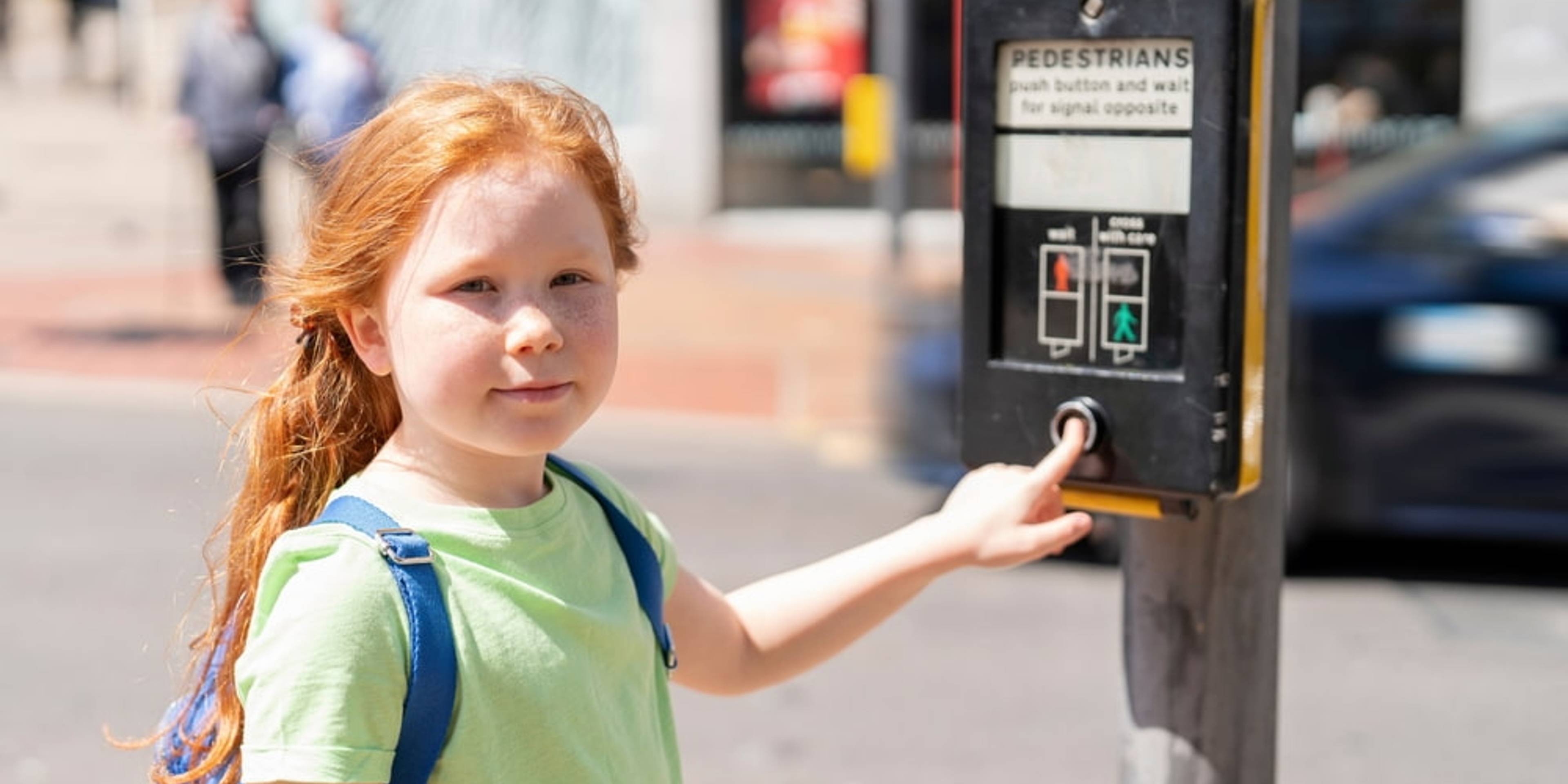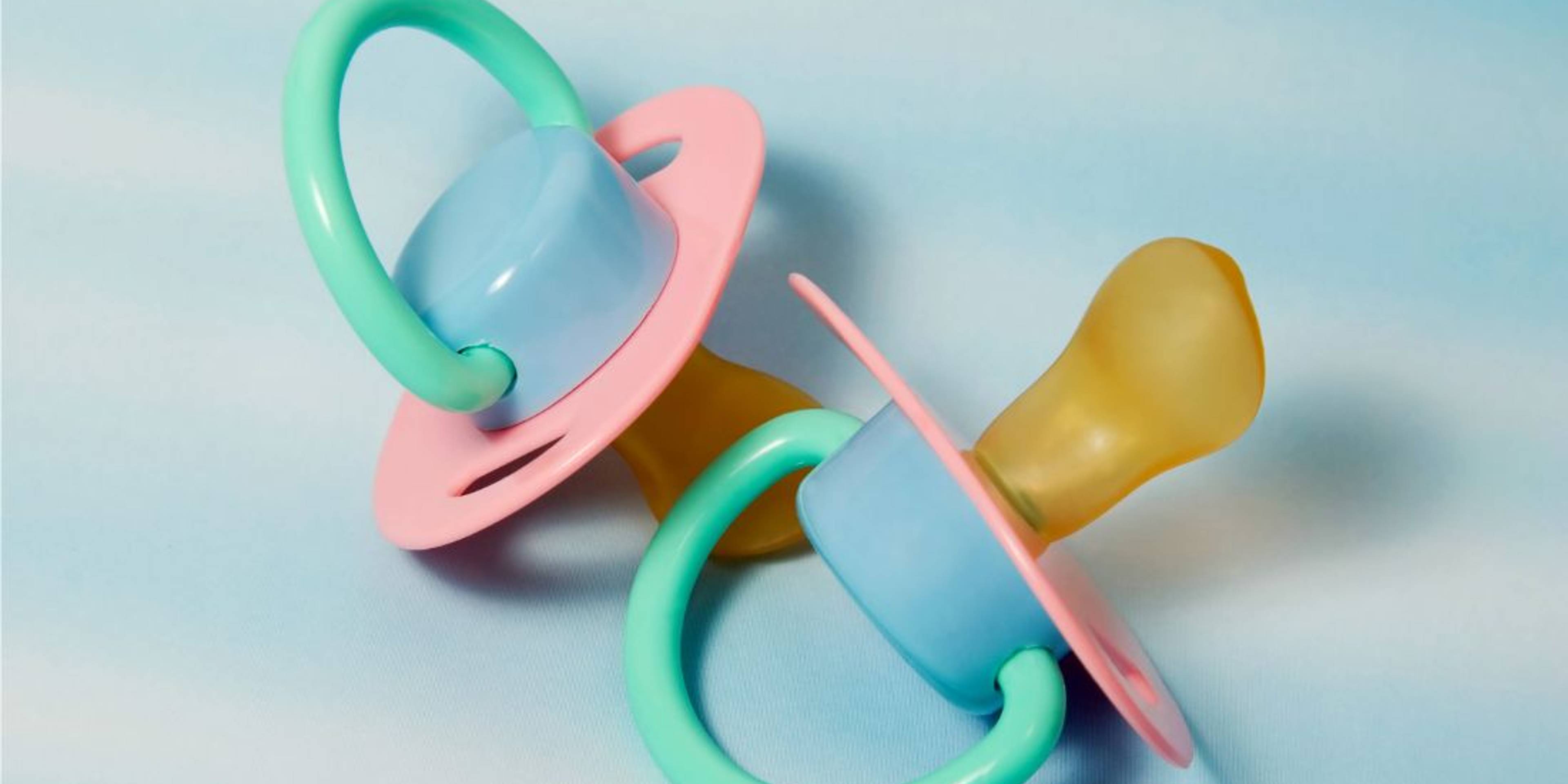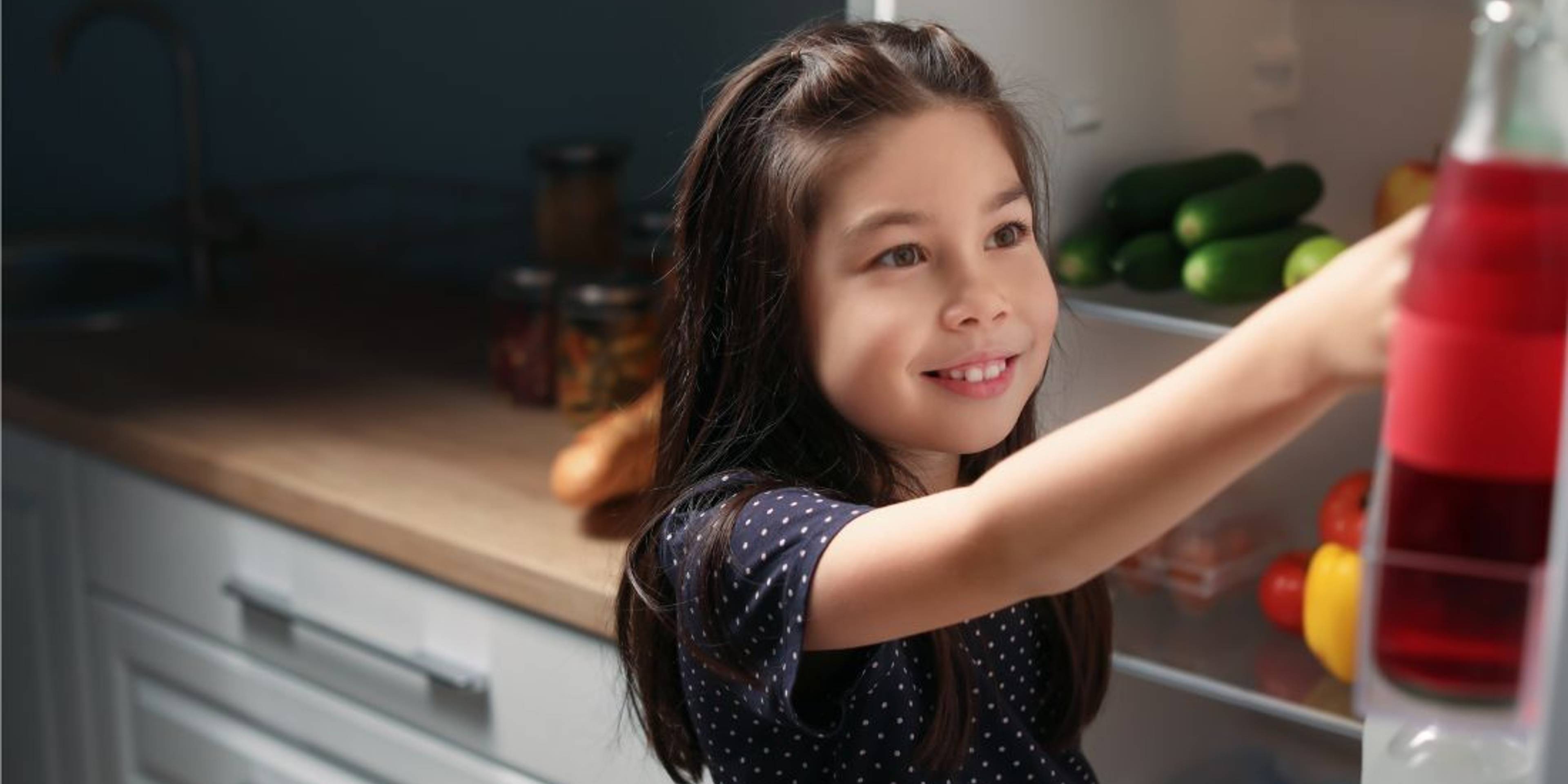
Help, our Year 10 child has recently broken up with her boyfriend and is very distressed. What can we do as parents to support her? I tried telling her that we have all been through such things, but this hasn’t helped!
Early teen romances can certainly feel exciting and exhilarating but most are also short-lived, and supporting our children through them is something we will likely have to do several times over the years to come. Here are some tips to help you to support your daughter.
Early teen romances can certainly feel exciting and exhilarating but most are also short-lived, and supporting our children through them is something we will likely have to do several times over the years to come. Here are some tips to help you to support your daughter.
The ‘Try not Tos.’
It is very easy to tell a 14/15 year old that she is ‘only young’ or that ‘these things happen’ in an effort to minimise the shock or heartbreak that she will be feeling and experiencing. Tempting though it may be, such an approach is more likely to exacerbate any feelings of isolation following the break up and may also mean she is less open to talking to you about it again. Yes, we as parents have experience of break ups ourselves and might consider such experiences ‘formative’, but revisiting such experiences comparatively isn’t helpful to your daughter.
Just be there for her.
What does this look like in real life? It means observing her, watching her moods and facial expressions. It means simply taking the time to care. How are you doing today? Shall we go for a little walk and chat about it? Or shall we just have a cuddle? What can I do for you today to help you feel loved? It means giving your child time and space to grieve what was an important relationship to them. It means not pestering her to tell you what happened and instead reassuring her that you are there. It means validating how she might be feeling, rather than attempting to talk her out of the distress. Use statements such as: “I can see that you are upset and I can understand why”, “I can see you are a little bit anxious about seeing him again that is perfectly natural”. So instead of rescuing and diving into to help her fix it or solve it, you are simply letting her know that you recognise what she is going through and acknowledging that it will take time to get through it.
Encourage her to ‘think first’ before communicating with the ex!
When relationships at this age and stage conclude, they might precede a period of ‘doing something about it’, which might mean firing off emails, text messages, letters or communicating with the person who has ended the relationship. If your child does express the wish to find out what happened or to tell the other person what they think of them, encourage to express their feelings but perhaps not to send them (just yet). Encourage them to write down how they feel if they are angry or upset and then to tear those pages up. It might even be a process you assist them with. “Has it helped?” or, “Does it help?” are questions to ask your child. They should be the ones leading the coping and recovery process; it is their grief.
Focus on distraction and encourage interaction.
When we feel down in the dumps, there are lots of things that can enhance our mood and help us shake off our disappointment. These things vary from person to person. Our Coping Menu is brimming with ideas for them to consider with you. Encourage them to try a few out and ask, how does it feel? If your child is very distressed and angry about what has happened, have a look at this list of distraction ideas (carefully curated by Reading University) and originally designed for teens who self-harm. It contains some interesting ideas that can help reduce feelings of overwhelm.
Work hard to gently distract your daughter with a few outdoor trips (nature heals!), some exciting little things to look forward to in the family diary, or even consider inviting over some friends or family that always seem to bring a smile to her face.
Don’t be afraid to ‘Lean in’.
Breaking up with someone can be a deeply upsetting experience and we can’t take for granted that teens are coping when they simply say they are. We need to keep gently leaning in. Leaning in means asking, “How are you today? I have noticed you seem a little bit brighter today, is that the case?” Or, “I have noticed you seem very sad today, is that right?” It shows that you care and that you are there for them. If they tell you to stop asking them questions, then stop. If they don’t answer at all, and simply come for a cuddle or a hug, respond that hug back. Non-verbal communication might be incredibly important in this scenario.
Keep relevant school staff informed.
Parent-teacher partnership really matters in situations like this. Following the distress of a breakup, a child might be more distracted at school, more forgetful and anxious. This is often because many young relationships happen in school. Teachers will want to know how she is doing and feeling, so that they can echo the support you have offered at home. Teachers should provide quick updates to worried parents about how their child is doing at school and keep the communication lines open. Should a child express a desire to avoid school because of the relationship, this might require a parent-teacher meeting. Avoidance will always exacerbate anxiety so helping them set little goals for the week ahead is a good joint operation between home and school. If a pupil is feeling wobbly, this Wobble Ladder might help to get them through the week. Class teachers might want to be aware that things have been difficult for the child in recent weeks and be sensitive to this in daily interactions and academic demands. In this way, and by working together, we can create a circle of support around a child until they recalibrate emotionally.
Whatever happens next, avoid sounding critical or too prescriptive.
The thing about young love is that it is entirely unpredictable. After a few weeks, this young couple might decide that they care for each other after all and consider getting back together. Rather than criticise or express your dismay, invite your teen to weigh up any decision regarding the relationship. You might find this problem-solving template (originally designed for friendship difficulties) useful when it comes to supporting them through the decision-making process about returning to the relationship.
Imagine how secure, safe and loved they will feel with the optimal support that you give them through this experience. No matter what happens next, you remain their anchor and a reliable source of support and help. It is a compliment that your child feels able to talk to you, so keep up the good work and take care of yourself through this experience too. Doing our best as parents can be emotionally demanding for sure, so make sure there is someone to offer you a hug and a chat at the end of the day.
More Parenting Questions

Jun 23, 2025
There was an attempted abduction locally. How can I support my child?
It might not feel like it right now, but it’s worth knowing that stranger abductions of children are extremely rare. In the UK, there are around 500–600 reports of child abduction each year, but the vast majority are attempted rather than successful, and many are later reclassified as misunderstandings, rather than genuine abductions.

Jun 17, 2025
My daughter (aged 10) has broken up with a friend. How can I help her?
It is the hardest experience as a parent, watching our children muddle their way through friendships, knock backs, being included then excluded, invited to parties and then kept at bay. We have all been there and it can feel emotionally painful and sad.

Mar 20, 2025
Help! My five year old is wetting the bed at night. What can I do?
You're not alone! Nocturnal enuresis, or bedwetting, is common in young children. We've asked paediatrician, Dr Christine Riyad, for advice.

Mar 17, 2025
My 10 year old is experiencing big emotions. Do you have any advice?
We've asked Dr Sophie Nesbitt, Consultant Child Psychologist, for her top tips.

Feb 12, 2025
Is it ok for my four year old to still use a dummy?
It's completely natural to feel concerned when your child continues using a pacifier or sucking their thumb beyond the toddler years. We've asked paediatrician, Dr Christine Riyad, for advice.

Dec 31, 2024
My son wants to buy his girlfriend an 18th birthday present. Help!
Give yourself a pat on the back as your teen is asking YOU for advice. It is a sign that there is good communication between you, and that he sees you as a source of knowledge! I think his question is a wonderful one. Why? Because it shows he values the relationship, recognises the importance of a milestone birthday and knows that gift-buying is not a simple activity.

Dec 18, 2024
What do we need to consider when thinking about hiring a tutor?
Private tutoring can be a great way to support your child's education, but finding the right person can also feel overwhelming. The tutoring industry is largely unregulated in the UK and so it can be challenging to know where to start or what to look for.

Oct 22, 2024
My 11 year old daughter is always hungry. Should I be concerned?
This is a common concern for many parents. Engaged and attentive parents are generally mindful of their child’s relationship with food. This is not surprising given the shameful narrative surrounding the idea of being overweight or obese, and the association that is often made that this is linked to neglectful parenting.

Jun 03, 2024
How can I best support my son with changes to his class next year?
Firstly, it is normal to worry about changes that lie ahead for our children and to worry about their ability to cope. You aren’t alone. The start of a new academic year is always full of changes to school life. New classrooms perhaps? Timetables? Teachers, pupils, curricula, canteen menus? You sound like you are holding a lot of anticipatory anxiety about the changes that are forthcoming. These changes have likely been explained to you by the school, and perhaps you still feel fearful?

Feb 13, 2024
How can I support my child’s move to a new school where he doesn’t know anyone?
Hello! Thanks for your question. When I was reading through it, the thing that stood out first was the description of your son as unconcerned about impending changes and “confident socially”. This is good news indeed and bodes well, although, as you suggest, it is prudent not to assume that he has zero concerns at all about the upcoming school move.